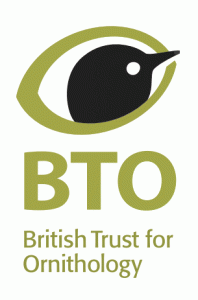Our Great Tit bird guide will help you get better acquainted with the largest of the UK Tit species. You’ll find them in woodlands, parks and gardens, and they’re known for feeding on insects and spiders, but are just as happy with regular bird seed and nuts. Although they look charming, don’t be fooled. You’ll find that Great Tits aren’t best pleased about sharing the bird table!

To find out more about other birds, take a look at our interactive bird guide.

About
Great Tits have black and white heads, a yellow breast with a black stripe and a green back
Locations
Spotted across the UK
Habitat
Woodlands, gardens and urban areas
Diet
Insects, seeds and fruits
Breeding
Breeding takes place between March and July. Nests are made from grass, moss, wool, hair and feathers. Great Tits will lay one, possibly two broods per year, with 7-9 eggs per brood which are white with brown specs. Incubation takes13-15 days
BTO Facts
According to Garden BirdWatch data, which has been collected since 1995, they are most frequently seen in gardens in December, in around 80% of gardens. Great Tit numbers in gardens have remained fairly constant since Garden BirdWatch began. They seem to benefit from mild weather conditions. Supplementary food in gardens is also thought to have had a positive effect on their population.






